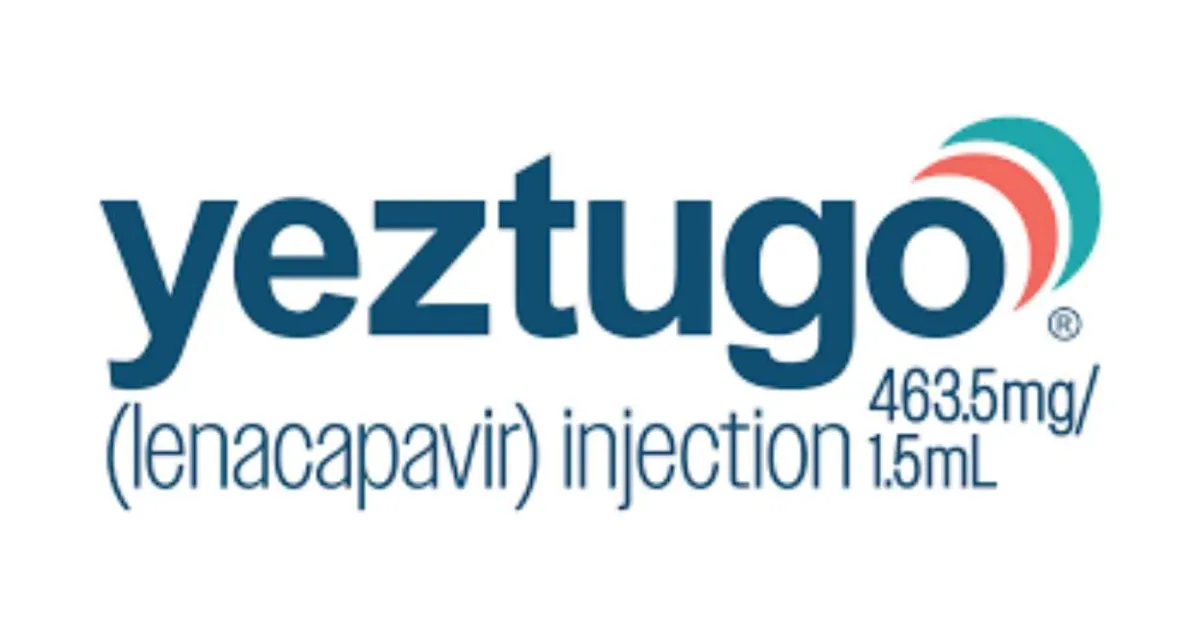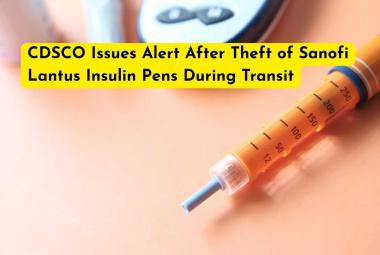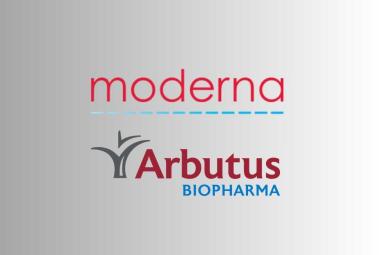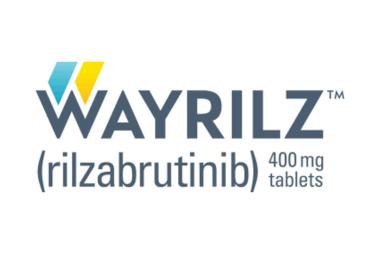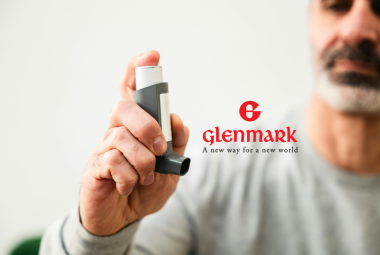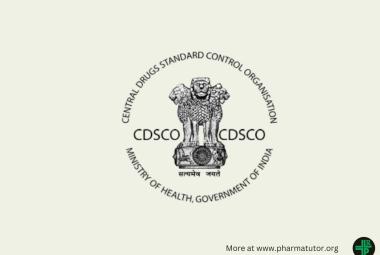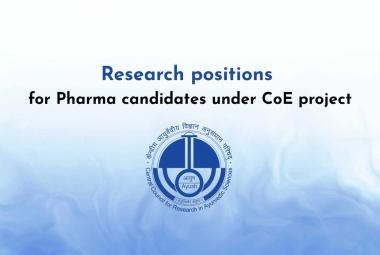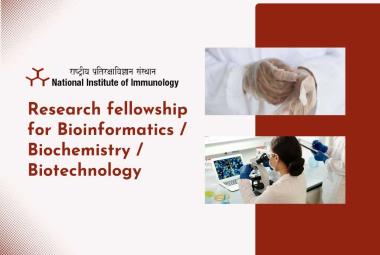In a landmark development, Gilead Sciences announced today that the U.S. Food and Drug Administration has approved Yeztugo (lenacapavir), the first injectable pre-exposure prophylaxis (PrEP) for HIV prevention requiring just two doses per year. This milestone follows nearly two decades of development efforts and marks a dramatic shift in HIV prevention strategies.
Approval was granted on the strength of data from the Phase 3 PURPOSE 1 and PURPOSE 2 clinical trials, in which over 99.9% of participants receiving Yeztugo remained HIV-negative over a six-month dosing interval. The injectable capsid inhibitor, administered subcutaneously, offers adults and adolescents (weighing at least 35 kg) a biannual protective option, a game-changer compared to daily oral PrEP.
“This is a historic day in the decades-long fight against HIV,” remarked Gilead’s CEO, Daniel O’Day. He described Yeztugo as “one of the most important scientific breakthroughs of our time” that could fundamentally transform HIV prevention.
Despite the breakthrough, data from the U.S. Centers for Disease Control and Prevention reveal that only 36% of individuals eligible for PrEP received any form of it in 2022, a figure highlighting persistent gaps in access and uptake. Gilead and Emory University experts point to barriers including stigma, low awareness, and adherence challenges—issues Yeztugo’s long‑acting format could help alleviate.
Yeztugo is delivered via two injections under the skin, depositing a drug reservoir that releases lenacapavir slowly over months. Importantly, anyone receiving the injection must test HIV-negative beforehand. The treatment is tailored specifically for HIV prevention; it does not protect against other sexually transmitted infections.
Gilead set the U.S. list price at approximately USD 28,218 per year, aligning with existing branded PrEP options, and expects insurance policies to cover most of the cost.
Notably, Gilead has announced royalty-free licensing deals with six generic manufacturers to produce lenacapavir for 120 low- and middle-income countries, signaling a major push toward global access. However, observers warn that logistical challenges, such as clinic infrastructure and sustained funding, may limit uptake. UNAIDS and other global health leaders are urging Gilead to dramatically slash prices in line with production costs of as little as USD 25– USD 40 per patient annually.
Gilead also revealed long‑term plans to develop self‑administered versions or once‑yearly dosing forms of lenacapavir to further improve accessibility, especially in resource-limited settings.
In summary, Yeztugo’s approval ushers in a new era of HIV prevention simplifying adherence through biannual dosing and holding promise for broader global impact. Yet its real-world success will hinge on affordability, infrastructure readiness, policy support, and comprehensive public health strategies.


